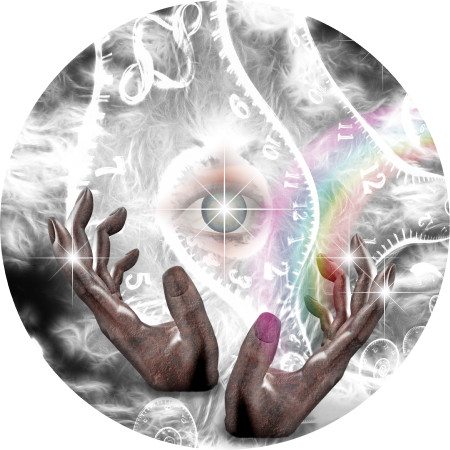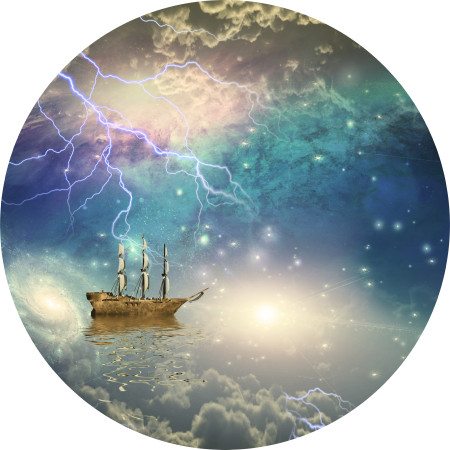“Deciding to work with Tarot is like embarking on a long journey, an inward journey that cannot be taken lightly..”- Mary K. Greer
Getting a tarot reading from someone can be a worthwhile experience that I’d recommend. But in this post, I would like to discuss some reasons why it may be worthwhile for you to learn tarot yourself. Working with the tarot can be a very special, richly rewarding journey.
Reason 1: You Can Learn Universal Wisdom and Knowledge
Firstly, what is Tarot? Tarot, I’d say, is not only a navigational tool that relays divinely sourced personal messages. It is also a source for wisdom and knowledge. It displays symbols that can be linked to several systems, including kabbalah, numerology and astrology.
Famous occultist Aleister Crowley has called the tarot a ‘pictorial representation of the universe’. His classic and widely used “Thoth” tarot deck was made to parallel the Kabbalistic Tree of Life, which is a model for the universe. My own mentor and teacher Jacqueline DuBois calls it ‘sacred scripture’. The cards hold mysteries; deep knowledge is in the symbols. Because of that, there is always more to learn about tarot, and the learning of the mysteries never stops!
Reason 2: Tarot As A Tool For Self-Revelation vs. Divination
In some Mystery Schools, ‘divination’, or using the cards for readings, was actually considered a ‘lower’ mode of use of the cards. The cards could also be used in meditation and contemplation to tap into the powerful insights behind the images. My husband made a great argument, however, that readings are probably more beneficial, because we can see more directly how the symbols and their messages may apply to our lives- thereby helping us to ingrain the teachings in us even more, and to learn even more deeply from them. A fair point!
Reason 3: You Will Develop Your Intuition and Imagination
Besides the benefit of learning the ‘mysteries of the universe’, the tarot can also help us to develop our intuition, as well as our imagination.
We are all naturally ‘psychic’, intuitive beings. Some of us are just born more developed in this area, while many of us have the potential within us to develop this ability. The key is practice, and reading tarot is a wonderful way to exercise that muscle!
When we read, our imaginations are also engaged, looking at the pictures and taking in the symbols, like ‘cups’ and ‘knights’. Developed intuition can be a very helpful tool for making life decisions. Developing imagination is important as well, as vision can play a big part in the process of what we create in our lives.
Reason 4: You Will Become Familiar With The Universal Archetypes
Archetypes are the symbols that exist in all of us, everywhere. They are in our dreams, in folk stories and myths, and they are a part of us. I remember once when I was a child, I had a dream of people crying out, falling from a tower. There was thunder, and the sky was dark. A grim scene, I know. Years later, when I was introduced to the tarot, I came across the Tower card. This card encapsulates that very same vision I’d had.
Also, someone I know who had never read tarot before once met the High Priestess in a lucid dream. He described her as an old woman who was sitting in front of a garden. She held a book in her hands, and was silent. He knew that she held much knowledge, yet to be revealed, but he awoke before he could speak with her. These images exist in what Swiss psychologist Carl Jung has called our ‘collective consciousness’. You may find that you’ve always known the characters and images in these cards, and you could become better acquainted with them, learning tarot.
We Can Contemplate Our Lives:
Many times when I’ve given a reading, I’ve heard people respond: “Thank you, you’ve given me lots to ponder!” The tarot can touch us; touch on something in our lives, and give us things to contemplate and work on.
Through these insights and messages, we can realign, and reroute our courses. Reading tarot for ourselves can make this a more frequent, personal practice of introspection.


